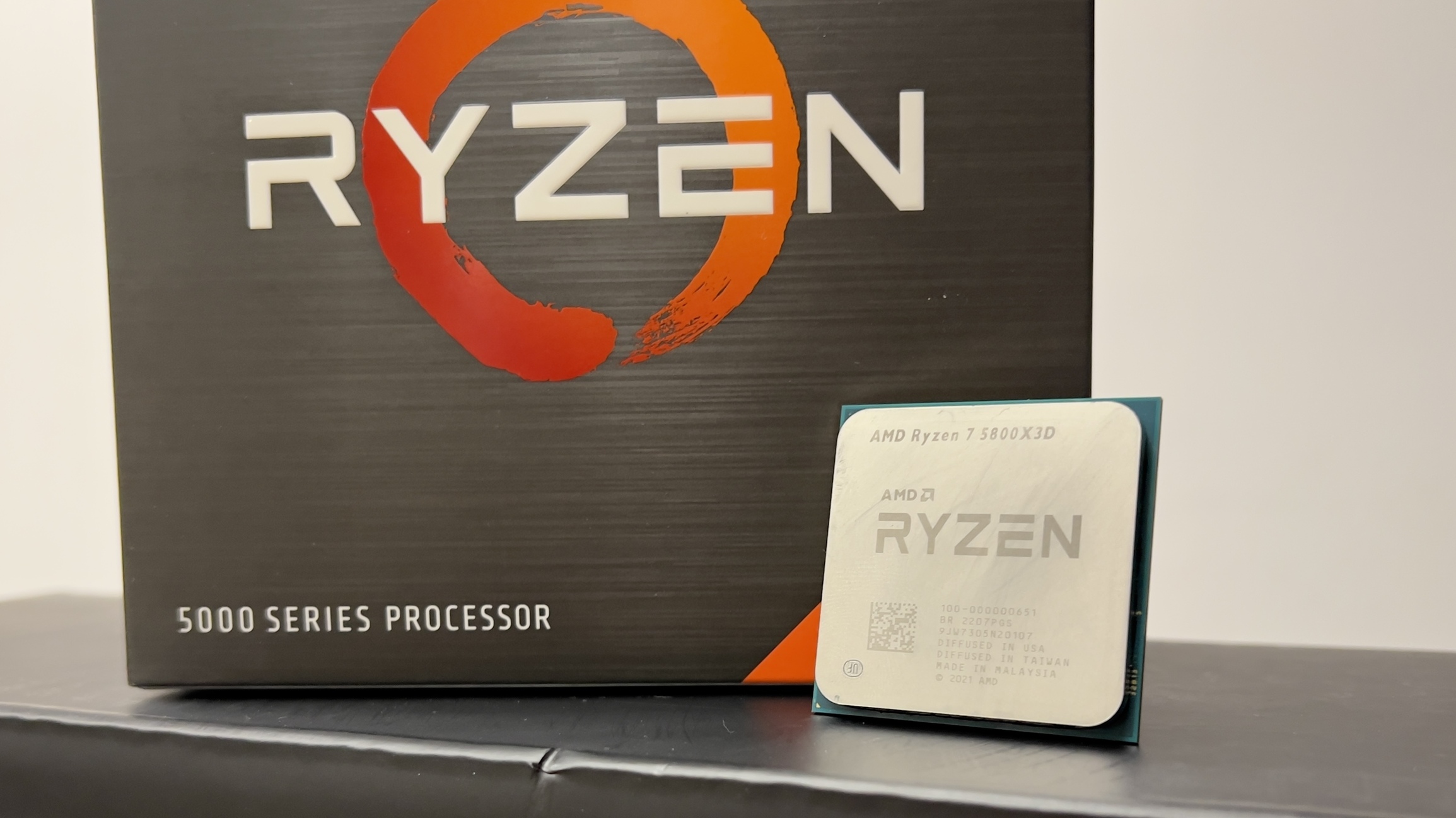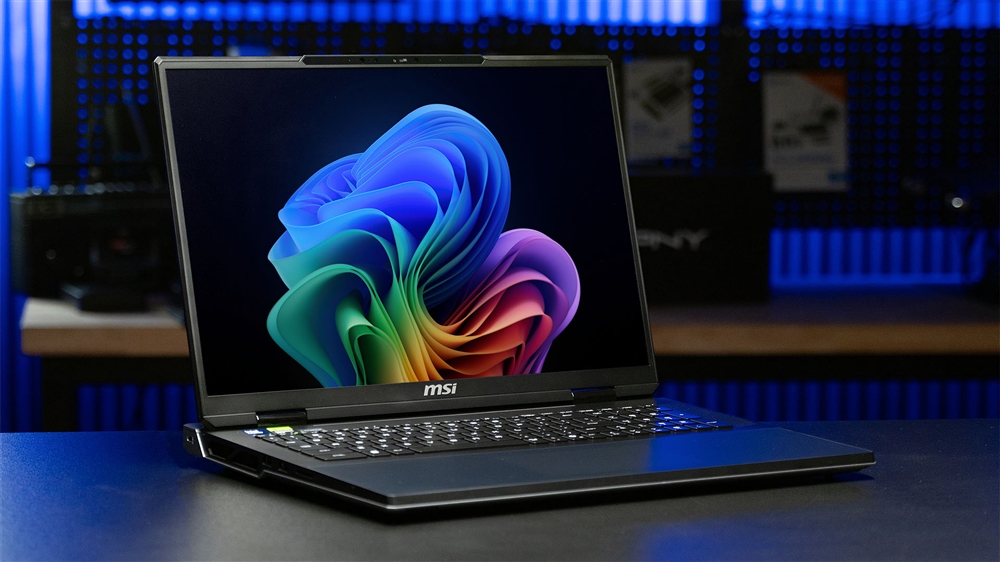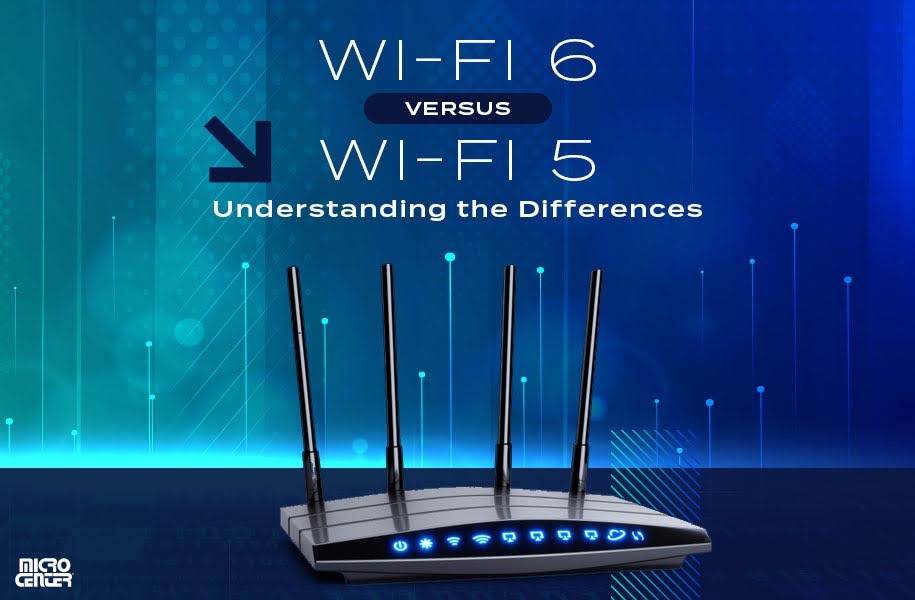Inside AMD's New Ultimate Gaming Processor: Ryzen 7 5800X3D Breakdown and Benchmarks
Announced back at CES 2022, the Ryzen 7 5800X3D is AMD's newest processor, and the "Ultimate Gaming Processor" thanks to AMD's brand-new 3D V-Cache Technology.Reviews
The AMD Ryzen 7 5800X3D is AMD's first chip to include their 3D V-Cache, which enables the L3 cache to be stacked vertically, drastically increasing cache sizes without taking up additional space. The result is an average 5% increase in speeds for 1080p gaming.
AMD Ryzen 7 5800X3D Spec Breakdown:
- Socket: AM4
- 8 Cores
- 16 threads
- Base clock frequency of 3.4GHz
- Max boost frequency of 4.5GHz
- 100MB total cache
- PCIe 4.0 support
- DDR4 support
- CPU cooling is not included
AMD Ryzen 7 5800X3D Benchmarks:
Cinebench:
Cinebench tests processors for responsiveness and power in both intensive tasks (multi-core) and general daily usage tasks (single-core). The AMD Ryzen 7 5800X3D put up some serious numbers, well worthy of becoming AMD's new flagship processor.
3DMark:
3DMark's CPU Profile tests single- and multi-thread performance. Again, we see incredibly solid numbers, really showcasing that the new 3D V-Cache is doing a lot to boost the Ryzen 7 5800X3D's power.
3DMark Time Spy Stress Test:
3DMark's Time Spy stress test puts every element of the computer under heavy load and checks how well it can maintain a constant frame rate. And while this test isn't just about the CPU, it does require a strong processor to deliver a 98.4% stability rating.
PassMark:
PassMark's CPU Mark test puts the processor through a number of different tests, including maths, physics, and compressions tests. The AMD Ryzen 7 5800X3D scored a whopping 22,843.5, pushing close to workstation-level processing.
The AMD Ryzen 7 5800X3D is available now at your local Micro Center! And if you're looking for suggestions, check out our AMD Ryzen 7 5800X3D Build Guide!
Comment on This Post
See More Blog Categories
Recent Posts
Wi-Fi 6 vs. Wi-Fi 5: Understanding the Differences
As the number of connected devices in our homes grows, understanding the differences between Wi-Fi 5 (802.11ac) and Wi-Fi 6 (802.11ax) is essential for maintaining fast, efficient, and reliable wireless performance. This guide compares the two standards in terms of speed, capacity, range, and use cases—helping you choose the best option for your streaming, gaming, and smart home needs while also previewing what’s ahead with Wi-Fi 7.
Continue Reading About Wi-Fi 6 vs. Wi-Fi 5: Understanding the Differences










